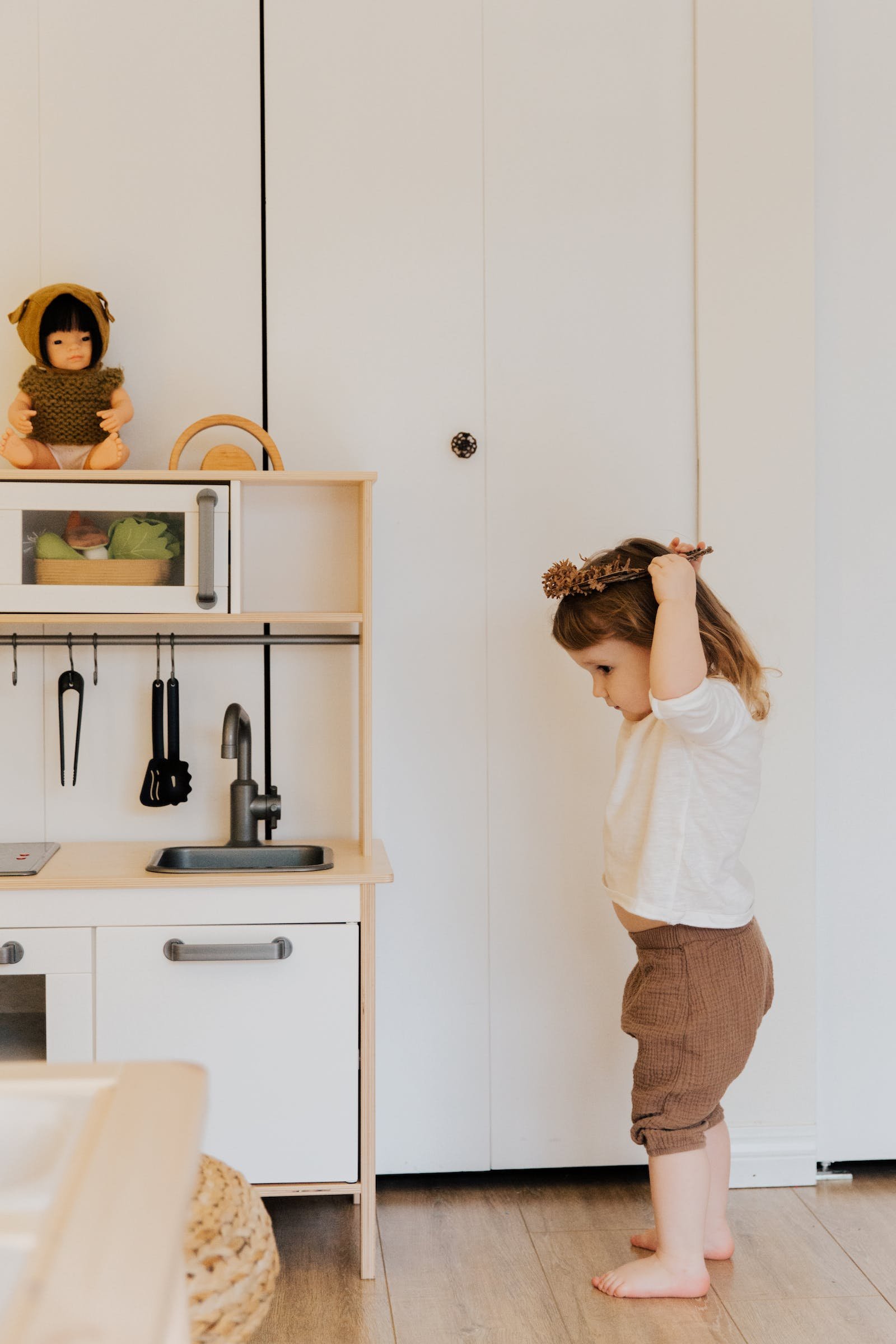From math to fractions to the science of ingredient combinations, there’s plenty to learn about in the kitchen. Cooking doesn’t just provide sustenance – it can also become a delectable learning experience. Here’s how to bring education into your next culinary adventure!
1. An Invitation to Learning Through Cooking
Cooking is an enjoyable and exciting activity that allows us to explore different flavors and cultures. It is also an excellent way to learn something yourself and even teach it to others. As a way to invite you into the exciting world of cooking, here are a few tips on starting out:
- Start Simple – Don’t overwhelm yourself with complex recipes. Start with something basic like a grilled cheese sandwich or spaghetti and meatballs.
- Learn How to Read Recipes – A recipe is a set of instructions and requires that you follow each step. By learning how to read a recipe, you’ll find it easier to execute the dishes.
- Pay Attention to the Details – Cooking involves details like temperature, time, seasoning, etc. Learn to pay attention to the details to make sure what you’re doing is accurate.
The fun in cooking isn’t just limited to what you can cook, it’s also the journey of learning and discovering. As you create dishes and experiment more, you’ll learn more about yourself and about the food. When it comes to cooking, it’s never just about the end product.
Alternatively, if you’re looking for a more structured way to increase your cooking knowledge, look for online classes or workshops in your area. Become better at knife skills and learn about different flavors in dishes. This is a great way to get more comfortable with cooking and take your skills to the next level.
Don’t be afraid to get creative. There’s nothing wrong with trying out something new and different, you never know what might end up being your favorite dish. Cooking is a great way to express yourself and share it with your friends and family. So, invite everyone over and start cooking!
2. Fun and Educational Activities Around The Kitchen
Mealtimes top-off a fun family night, and if you want to make the kitchen experience even more engaging, than look no further! Here are some activities you can do around your kitchen to keep everyone entertained while being educational.
Gift of Taste
The Gift of Taste is a fun kitchen activity that comes in two parts. Firstly, help your family members identify different spices. Have them close their eyes while you sprinkle some of the more exotic spices around the kitchen to identify. Secondly, see who can make the tastiest meal with these ingredients. You can pick any meal you like, but desserts might be a more fitting choice for this activity. It’s a great way to learn different flavors and add an educational twist to the activity.
Spice Hunt
When your family bond over this little scavenger hunt, everyone will learn something new. Make a list of all the spices the family has in their kitchen cupboards, and then take turns to spot them. Not relying on the labels, see who can guess the names of the spices with their sense of smell alone. You and your family will not only learn more about different spices, but time spent together will create special family moments.
Cookie Decorating
Besides the nights spent together, this fun kitchen activity can turn into a great bonding experience. Make, roll out and cut shapes from dough, and let you and your family’s imagination run wild with the decoration of freshly baked cookies. It’s a great way to spend quality time with the family and explore new ideas!
3. Connecting Meal Prep with Educational Advancement
Meal prep has a huge impact on education success and performance. Allocating your time to make nutritious meals that are packed full of nutritional value and healthy ingredients, in good quantities, can set you up for academic success. Teachers and education experts have highlighted the impact quality meals can have on students, as a lack of nourishment can lead to difficulty apprehending and forming new ideas.
When family members are taught how to create meals that provide vital nutrition for academic success, it has the potential to become a generational thing. Parents and family members can learn how to make the most out of their weekly food shop to create healthy meals, such as veggie quiches or salmon stir-fry, and could then share this knowledge with their children.
- Knowing what to buy – Take the time to use resources such as nutrition labels, and find nutritious ingredients that can be used for a variety of meals.
- Making the most of your space – Meal prep doesn’t always require hours of your week! Use time-saving and space-saving techniques such as:
- Planning ahead and creating grocery lists
- Simplifying recipes and leaving out components if not necessary
- Creating freezer meals
- Educating the family – Educate yourself and your family about meal prep and the importance of a balanced and nutrient-rich diet. By doing this, it makes it easier for everyone to practice meal-prep and make sure everyone is receiving the best nourishment that will help them to succeed.
Meal prep doesn’t need to be too complicated or intense; it’s all about ensuring everyone in the family can enjoy nutritious meals that are easy to make. This minimizes stress and offers a convenient way to make sure that everyone is getting meals full of what is necessary for educational and physical wellbeing.
4. Uncovering the Joys of Knowledge Through Cooking
Cooking can be so much more than a mundane daily chore. It can be an opportunity to channel curiosity, creativity, and resources to learn the ins and outs of a cuisine – and even more broadly, a culture. Here’s how:
- Research. Delve into the background of foreign cuisines or cooking techniques to better understand their origin and the influences that made it become what it is today.
- Experiment. Try out recipes, yes, but also think outside the box to make the food your own. Don’t be afraid to mix and match flavors and seasonings, or substitute ingredients that are locally available.
- Connect. Reach out to people who make the food and living to really get to the heart of what the recipe means – family, friendship, identity, history, and more. Take the time to grasp the implications of the techniques and dishes and appreciate the culture.
The rewards of culinary exploration are countless. You will discover traditional dishes, modern interpretations, and your very own versions along the way. All the while, you’ll gain knowledge but also wisdom that comes with engaging with a culture through its cuisines.
Beyond the end product, know that you have opened up an avenue to broaden your horizons and uncover the joy of cooking and learning in the process. For each meal, you’ll be closer to knowing a cuisine and its culture inside and out.
In the kitchen, it’s possible to make something truly extraordinary: knowledge. Learning through playful activities can teach students of all ages the fundamentals of science, math, and more. It turns out that cooking up knowledge can be as inspiring as cooking up dinner.



